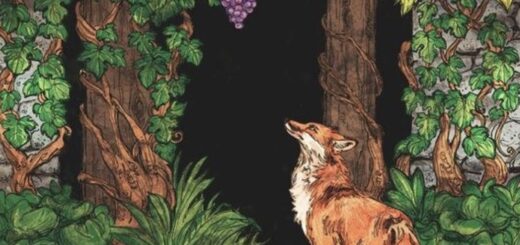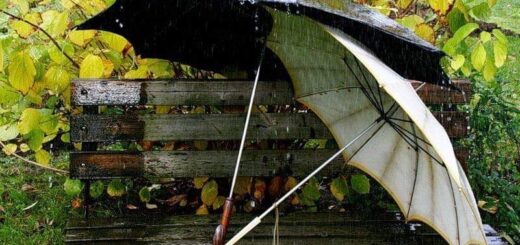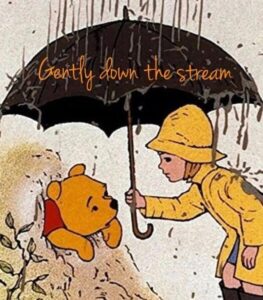When the choosing gets tough, flip a coin
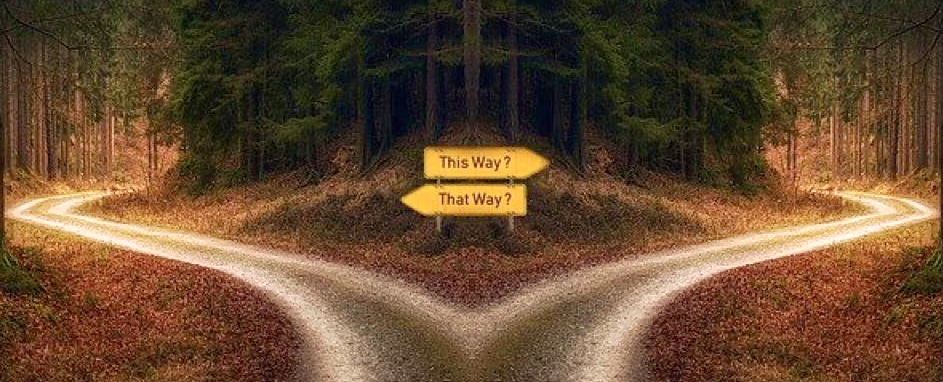
The ability to choose well is arguably the most powerful skill one is empowered with. The desire to choose is innate and rooted deep within us. It’s a commonplace knowledge that even if you have the complete liberty to choose from, the process itself can be tricky at times.
The power of free will
The power of choice entails one with the ability to unearth the best possible option out of all. In an individualistic society, the right to choose or free will is assumed to be one of the basic needs required for human happiness. Therefore they formulate their children to beget independent opinions. Whereas, in a collectivist society, it is customary for individuals to pursue the decisions of elders or parents even into adulthood.
Everyday Choices
From trivial aspects of life, like the selection of household items, apparels or a foot ware to personal decisions like choosing careers or jobs or partners to professional choices that one makes at the workplace, to state leaders, choosing various political policies, we’re perpetually engaged in the sequence of choosing. Often, this strategy of choosing from the best available options can turn out to be a daunting task.
At a crossroads
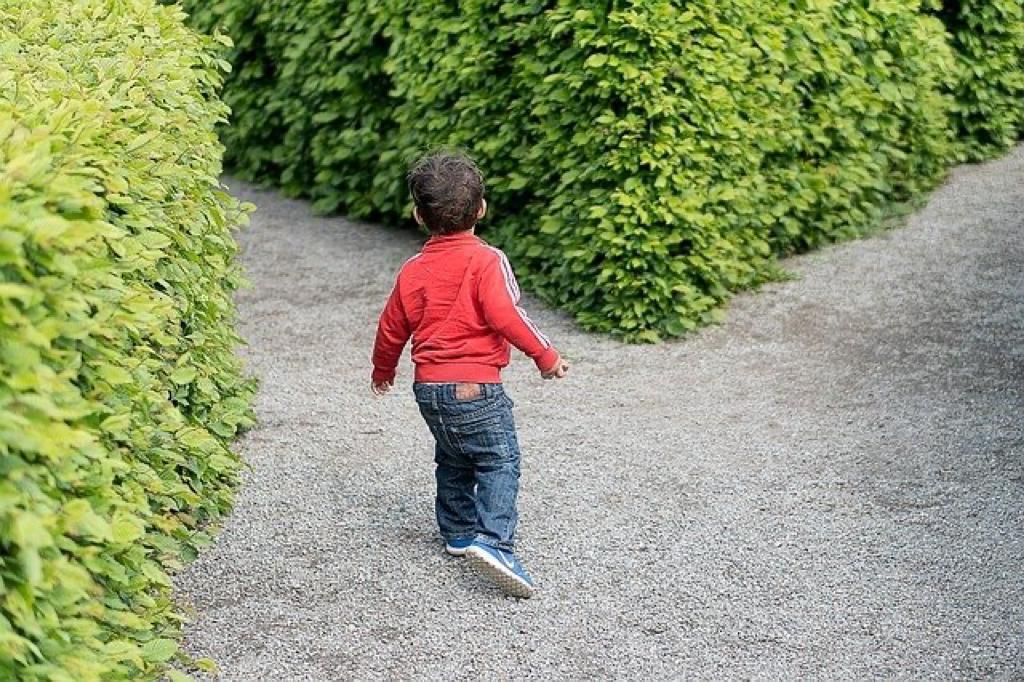
Individuals may be well versed in the various methods that are compared while selecting or arriving at a decision. Even then, one may find themselves at crossroads, wondering about the outcomes each alternative offers.
Numerous paths to the same destination
Whether the decision to choose should be rational, based on previous experiences or should it be a random selection?
Should you weigh down all the pros and cons of each choice and spend time with it, a method Benjamin Franklin explained as the moral or prudential algebra or flip a coin and decide what to choose from.
Indecisive moments
From time to time, we are stuck in the limbo of not knowing what to or how to choose.
Freezing at indecisive moments like these is not a piece of new knowledge for humans.
From Aristotle to Jean Buridan’s paradox, we get to see a glimpse of it.
The paradox of Buridan’s Donkey
The Paradox named after the14th-century French Philosopher Jean Buridan illustrates the moral determinism of choosing from two equally good options.
A philosophical tale
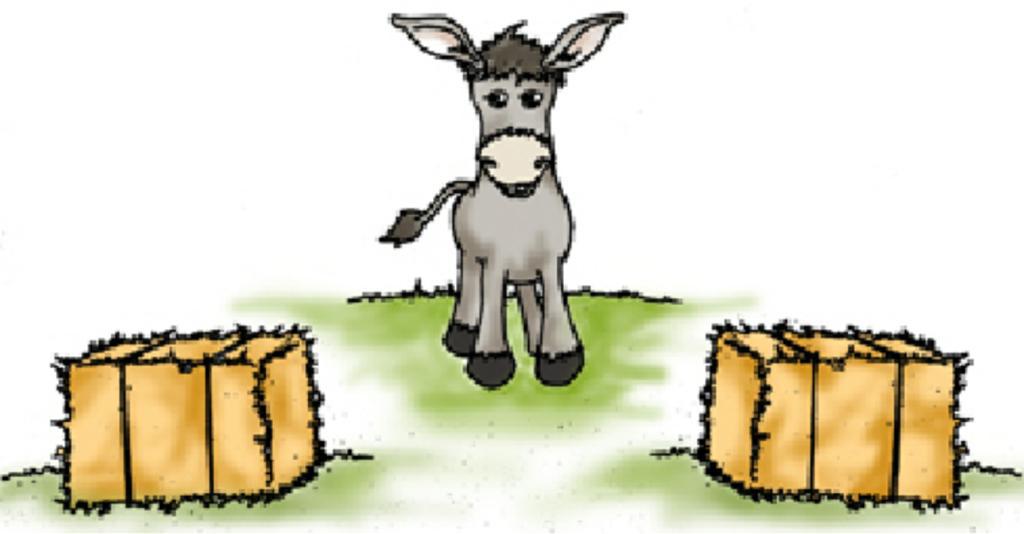
A hypothetical story unfolds like this.
A donkey, happily strolling down an open rice field, finds itself standing in-between two identical, delicious bundles of hay- one on each side, equidistant from it.
Unfortunately, the poor donkey, who is hungry, can’t figure out a reason for selecting one bundle over the other. The miserable creature swivels its head left and right, deliberating between the two hay choices, while increasingly growing in hunger.
Paralysed by the choices, poor donkey reason away and reason away until it eventually dies of starvation.
Related observations
Before Jordan, Aristotle is credited with a similar predicament. Aristotle used the metaphor of a man equally hungry and thirsty, torn between wishing for food over water or vice-versa.
The youths might identify with Al-Ghazali’s dilemma, who described a man faced with the choice of equally good dates with girls.
Man,the rational thinker
How can a man function entirely rational when he considers the two options as equally compelling. So as explained in the paradox, indecisive moments can freeze you, but you can’t allow yourself to starve to death.
You are not alone
When dealing with an identical predicament, it’s encouraging to know that even the experts have faced related challenges.
Sheena Iyengar, a professor at Columbia Business School and author of the best-seller, The Art of Choosing, narrated a story (with a questionable authenticity), that made the rounds among her colleagues at Columbia University.
When the Titans stumbled
Once, Howard Raiffa, a pioneer in the field of decision analysis, was offered a prestigious position at Harvard. To retain him, Columbia tripled his salary. The expert in the domain of decision making was torn between the two options and asked his friend, a dean at Columbia, for advice. Amused by this request, the dean advised him to follow his own techniques in decision making: Break the decision down into its components, map the relationship between them, and do the math to determine which opinion was best for him.
“You don’t understand,” Raiffa responded.”This is a serious decision.”
Take home message
This account may be an exaggerated anecdote, but as the author puts it, the message is unmistakable. We may be an expert in formulating strategies for others or to the whole world. Still, when it comes to personal decisions and happiness, it is always a serious matter, and no one is quite sure about how to decide.
Studies to the rescue
Recent updates published in JNEUROCI, offer some positive effects from this dilemma. As per the human neuroimaging and eye-tracking studies, the brain updates its preferences in real-time to choose between two equally attractive options. So, after all, we avoid becoming paralysed by indecision.
Another hypothesis by Stefan Bode and Katharine says people under difficult decisions, actively shape one’s preferences.
Free will an illusion?
Are our behaviour and decisions deterministic as illustrated by a few of the behavioural biologists and psychologists or do we live by fulfilling our own free will as ascribed by the experts who uphold the contrasting views?
This contrasting view on the behaviour of humans, deterministic or free will, is indeed a trending topic that can hook you up for the rest of your life.
Less is more
Though you admit less is more, you live in a world where you are virtually bombarded with choices. Mazed and marvelled by the choices that life offers, you might think, after all, flipping a coin is not a bad idea.


